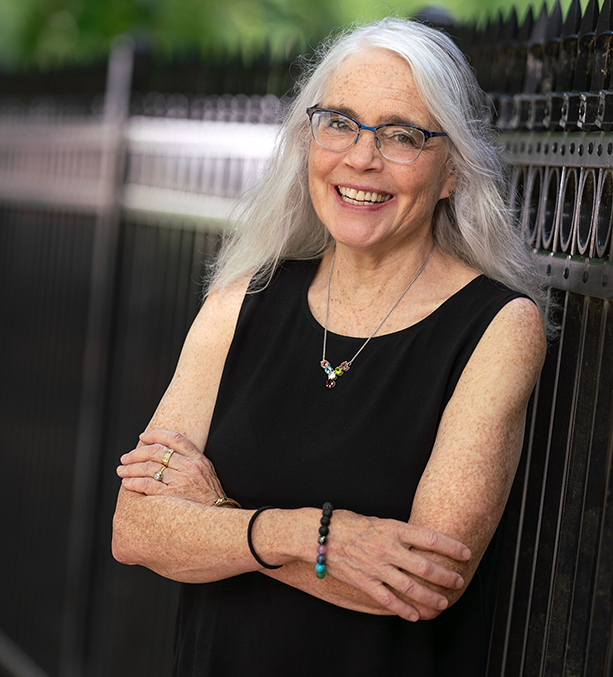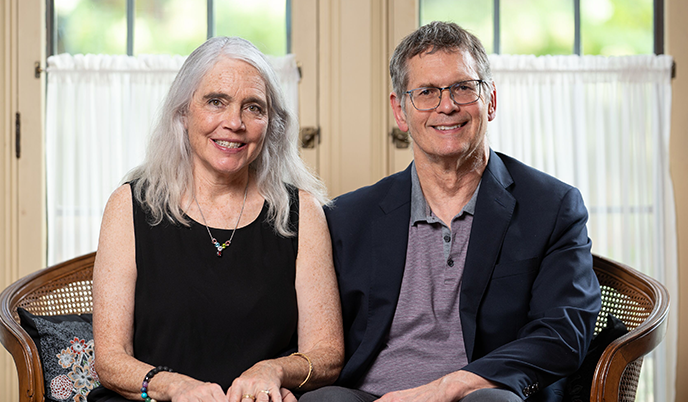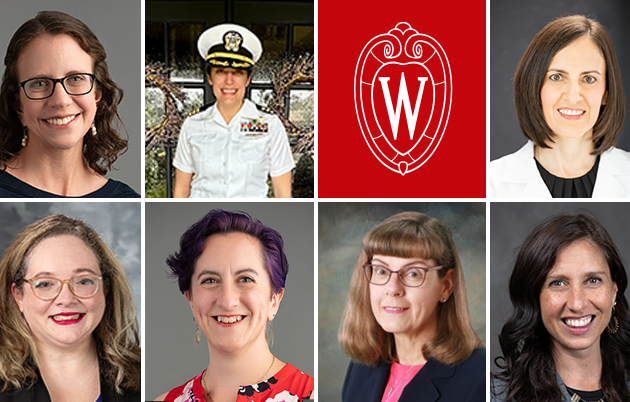Over the past 20 years, Durkin has focused on the prevalence of autism and other intellectual and developmental disabilities.
“The more we study autism, the more it seems to be increasing,” Durkin notes. “For years, we have seen a much higher prevalence among children from affluent white families. Lately, we have witnessed similar upticks in autism among children who are lower income and from minoritized groups.”
The Impact of Population Health Sciences
Population Health Sciences at UW–Madison traces its roots back to 1903, when the State Legislature established what is now known as the Wisconsin State Laboratory of Hygiene (WSLH). Its purpose is “to provide benefits from the university’s scientific capabilities and promote public health.” In 1959, the WSLH became part of the newly constituted SMPH Department of Preventive Medicine; in 2001, that department changed its name to the Department of Population Health Sciences. Given the field’s inherent multidisciplinary makeup, several of its 30 faculty members have joint appointments in other UW–Madison departments and schools, such as the SMPH Department of Biostatistics and Medical Informatics and Department of Medicine, and the Nelson Institute for Environmental Studies.
“We were the first university in the United States to establish a Department of Population Health Sciences,” Durkin says. “Now, many if not most academic medical centers have such a department. Many of our faculty members have national reputations and are called upon by state and federal policymakers.”
For example, Emeritus Professor David Kindig, MD, PhD, served as a high-level government advisor during the Clinton administration’s effort to enact national health care legislation. Many of the population health principles for which Kindig advocated became law when the Affordable Care Act (Obamacare) took effect in 2014.
New Chair Role in 2017
Durkin’s departmental leadership role commenced in 2017, following the departure of the former chair, F. Javier Nieto, MD, PhD, MPH, MHS, who became dean of the College of Public Health and Human Sciences at Oregon State University.
“Maureen never sought the job of chair, but when Dean Robert Golden asked her to step up at a time of need, she accepted out of a sense of service to the department and the school,” says Professor Emeritus Patrick Remington, MD ‘81, MPH, who was SMPH’s inaugural associate dean for public health, as well as a former colleague and lifelong friend of Durkin’s. “She has been an extremely collegial leader whose unwritten mantra is, ‘What can I do to help you succeed?’”
After a distinguished career of pursuing her own work, Durkin felt the time seemed right to start focusing more of her efforts on supporting the academic pursuits of others.
“It’s very gratifying to work with such wonderful faculty members in this department and help them achieve their goals,” Durkin says.
Deep Roots in Madison
Avid bicyclists, parents of four, and grandparents of three (soon to be four), Durkin and Longley live in the same home where Durkin grew up in Madison’s University Heights neighborhood.
“Jack and I have a lot of roots here,” Durkin says. “He is a fifth-generation Madisonian, and his great-grandfather was the first professor of animal husbandry on campus in the 1800s. Notwithstanding all of the places we have been fortunate to see around the world, we love Madison and being so closely tied to the community.”



